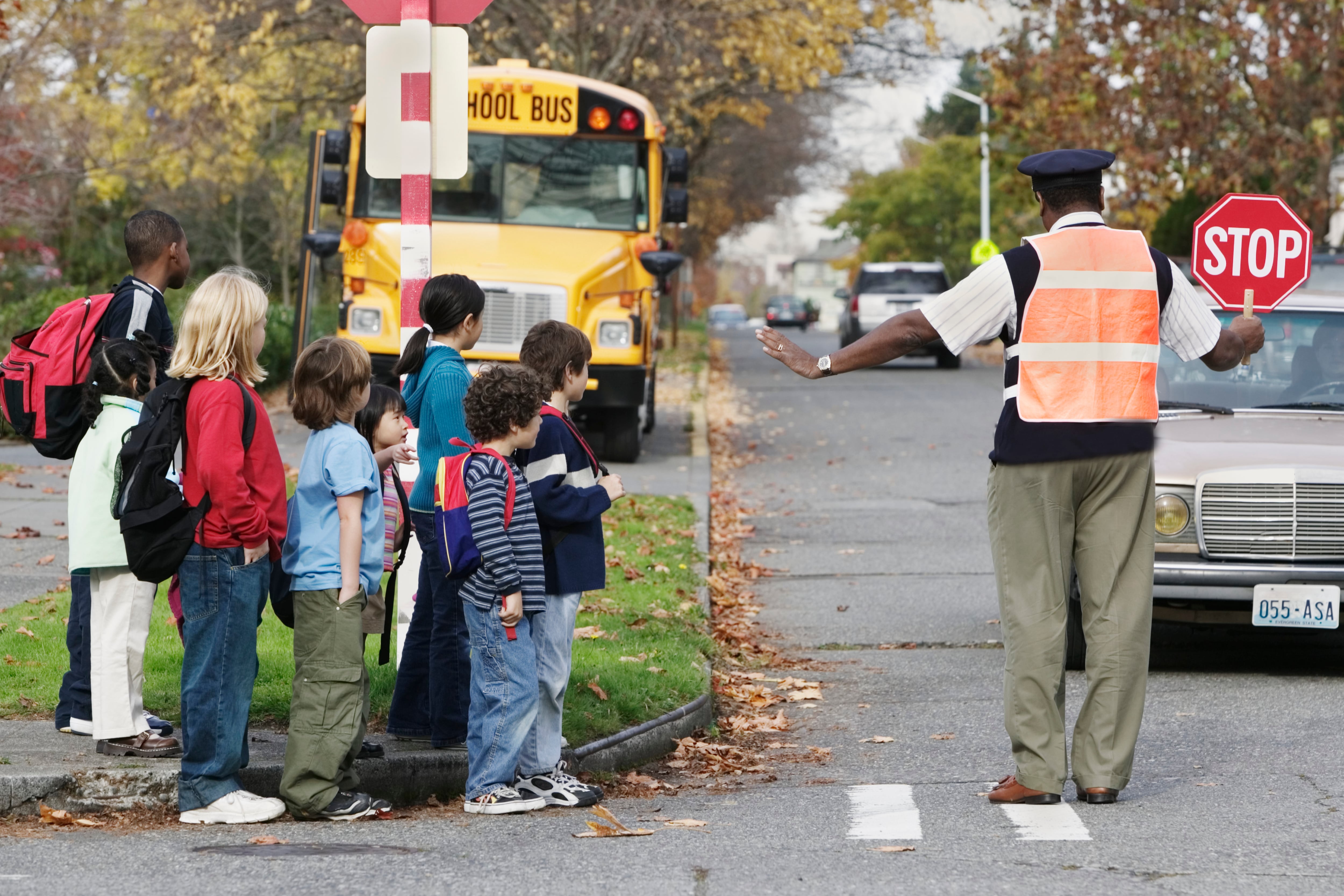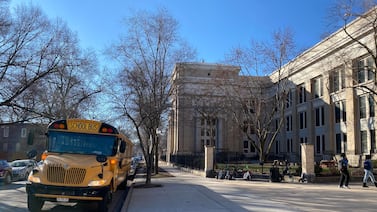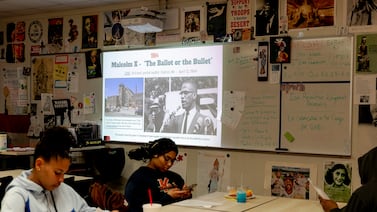During Aaron Jemison’s 35 years as a custodian for Chicago Public Schools, he has had to work overtime or pick up other part-time jobs such as driving an Uber or Lyft to make ends meet.
As a member of the bargaining committee for SEIU Local 73, the union representing school support staff, Jemison said he is fighting to get more retirement benefits, higher wages, and better working conditions under the next contract between the union and Chicago Public Schools.
However, it’s unclear when the next contract will be finalized since the union contract expired on June 30, 2023 and negotiations have been ongoing since May. Union leaders say contract negotiations have stalled.
Jemison, who said he makes a good salary, worries about other custodians whose pay starts off around $16 an hour. “We’re being treated like we’re nobody,” he said.
Union leaders say only one bargaining session is scheduled for February and the district has not provided them with economic proposals. SEIU Local 73 is hoping a new four-year contract will be finalized as soon as possible — or at least by the end of the school year.
SEIU has a powerful ally in the mayor’s office. The union endorsed Mayor Brandon Johnson, a former teachers union organizer, during his run for office in 2023. SEIU affiliates donated more than $2 million to Johnson’s campaign, according to an analysis by Chalkbeat Chicago.
A spokesperson for Chicago Public Schools said the district is working with SEIU to reach an agreement, with the goal of finalizing a contract before the end of this school year.
SEIU Local 73 represents about 11,000 support workers, including custodians, special education classroom assistants, bus aides, security officers, crossing guards, and parent-workers. These workers are often paid lower in comparison to educators and school administrators. On average, many of these school employees make about $40,000 a year. The average Chicago teacher’s salary is over $88,000,
In addition to waiting for economic proposals from the district, the union says it is waiting for responses from the district on proposals already talked about across the table.
Here are some of the key issues SEIU is bargaining for in its non-economic proposals:
- Getting a centralized new hire orientation for school-based employees to understand their job responsibilities.
- Allow special education classroom assistants to attend Individualized Education Program meetings to support students with disabilities and their families.
- Prevent schools from using special education classroom assistants for other jobs such as teaching assistant or school clerk.
- Transparency on how the district uses evaluation for school support staff. Evaluations determine layoffs and the amount of time a school employee works during the day.
Stacia Scott Kennedy, executive vice president of SEIU Local 73, said the union proposals come directly from rank-and-file members.
“Most of our proposals have come from our members; issues that they face in the workplace and then solutions that would help them to be able to better do their jobs,” said Scott Kennedy. “but to, ultimately, be able to better serve students.”
Shirley Shelton, who has been a special education classroom assistant for 11 years, said her experience working with students has been the most rewarding. She said she can see the fruits of her labor in the development of her students.
Shelton said she often sees her co-workers are struggling to make ends meet.
“My co-workers, some of them are single parents working two jobs. That’s taking them away from their families,” said Shelton. “In this next contract, I’m looking forward to a nice pay raise, where they could be able to spend more time with their families in the afternoons and evenings.”
Scott Kennedy said the union has secured tentative agreements for proposals regarding custodians, bus aides, and custodians.
Last week, Chicago Public Schools announced it does not plan to renew a multi-million dollar contract with Aramark for custodial services and management. The district has contracted with Aramark for a decade. For the past three years, school janitors have voiced concerns about the lack of cleaning supplies and families have complained about the lack of cleanliness in school for years.
Chicago’s Board of Education will vote on seven new contracts to help manage school custodians on Thursday at the monthly board meeting.
Samantha Smylie is the state education reporter for Chalkbeat Chicago, covering school districts across the state, legislation, special education, and the state board of education. Contact Samantha at ssmylie@chalkbeat.org.







